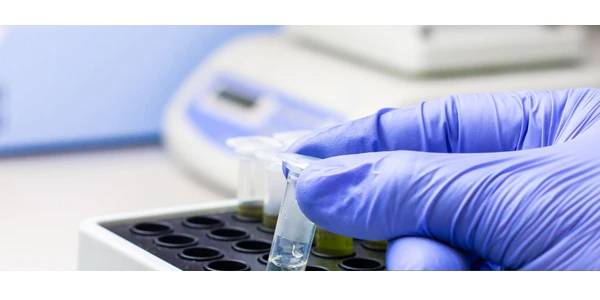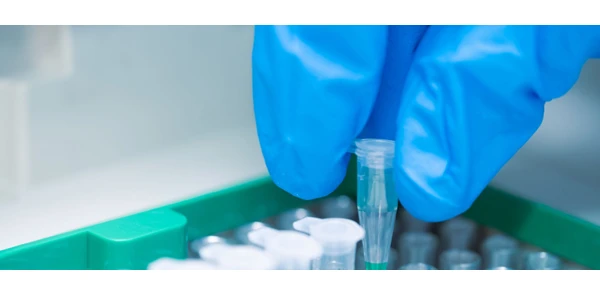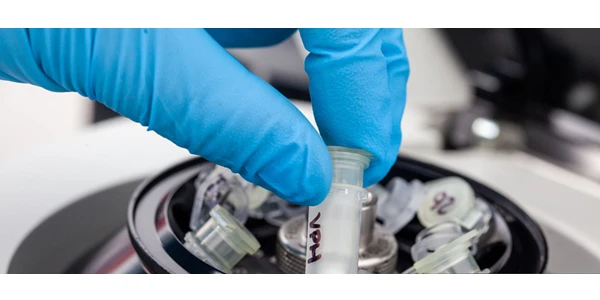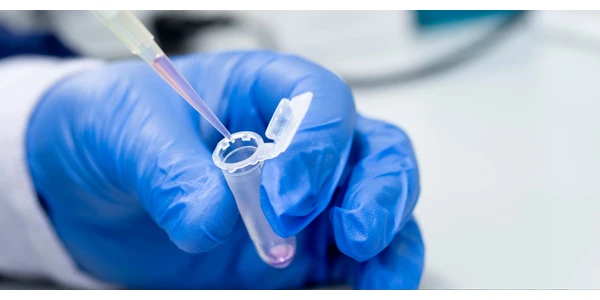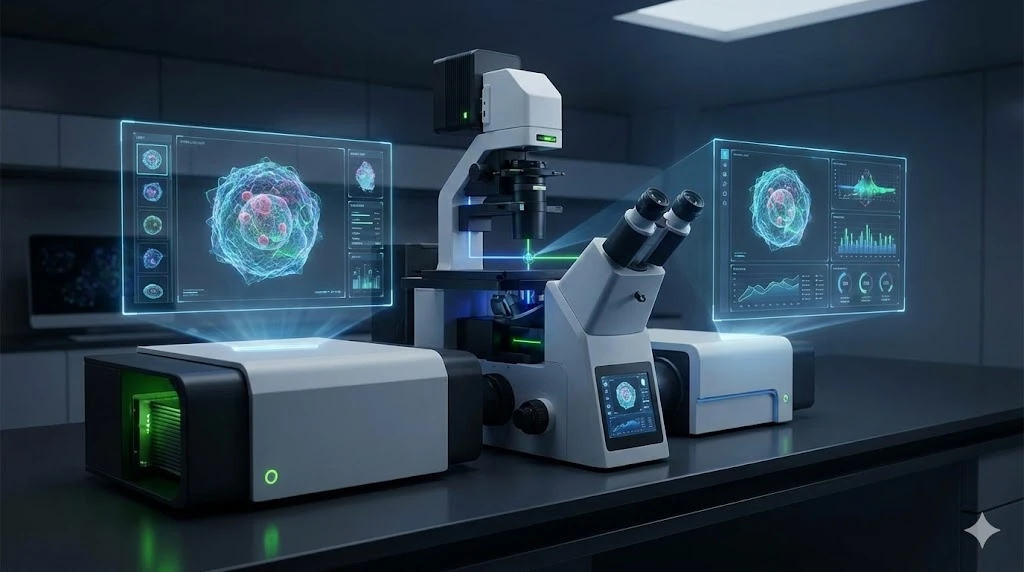The Promise of Plant-based Cannabinoid Therapeutics
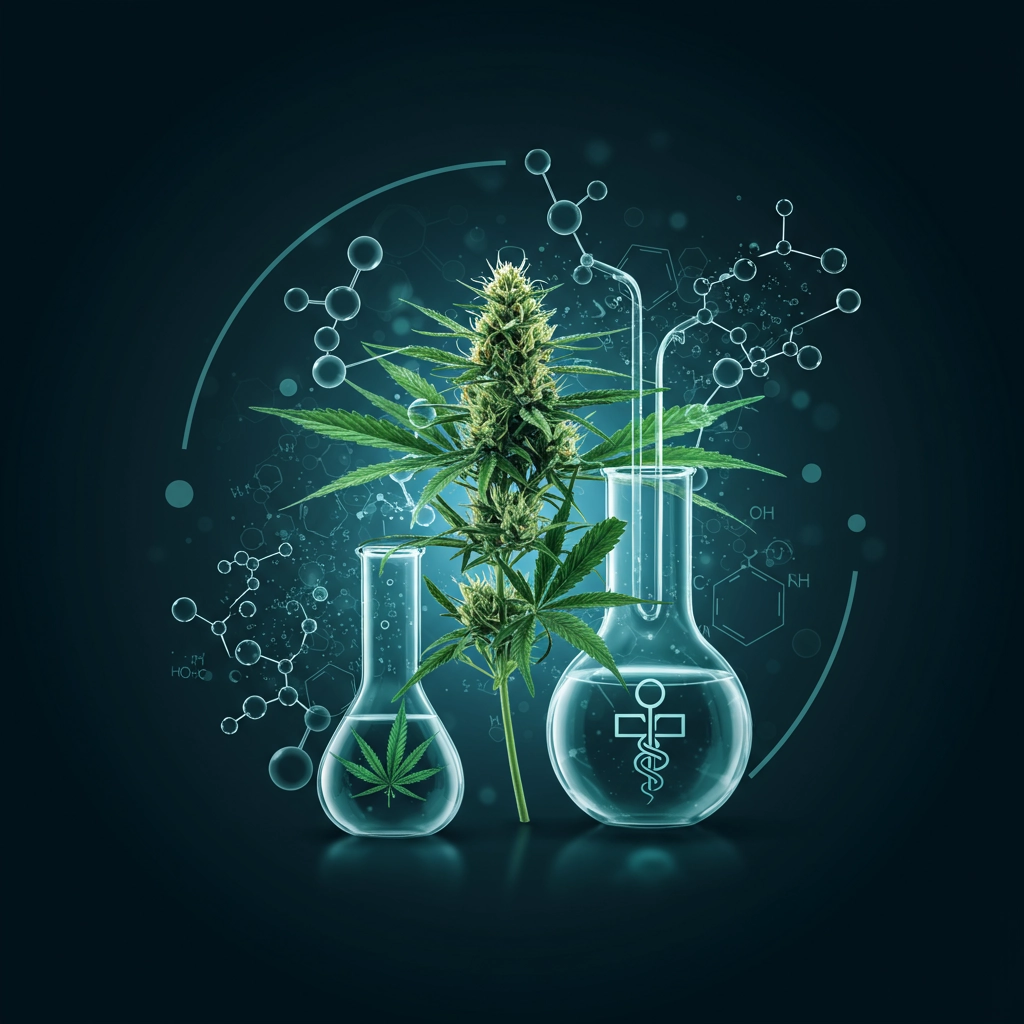
Navigating the Cannabinoid Landscape: Research, Regulation, and Roadblocks
The potential applications for various cannabis compounds are incredibly diverse, encompassing everything from pain management and anti-inflammatory effects to neurological support and appetite stimulation. Yet, translating this vast potential into approved medical treatments is a complex undertaking. The pace and extent of progress hinge on several critical factors:
Robust Research and Clinical Studies: Comprehensive, well-controlled clinical trials are indispensable for rigorously examining the efficacy and safety (toxicity) of potential cannabinoid formulations. Without this foundational data, widespread medical adoption remains elusive.
Standardized Production and Testing: The development and stringent regulation of standard methods for producing, isolating, and testing these compounds for therapeutic use are paramount. Consistency in dosage and purity is vital for patient safety and treatment reliability.
Currently, a multitude of potential cannabinoid therapeutics are in various stages of development. Many face significant challenges, often due to a lack of sufficient research and clinical data, the absence of distinct production and testing guidelines, or a combination of both. Despite these hurdles, the U.S. Food and Drug Administration (FDA) has taken significant steps, licensing several cannabinoid-based drugs and fast-tracking others, offering both relief and considerable promise for patients worldwide.
From Synthetic to Botanical: FDA-Approved Cannabinoid Medications
The journey of cannabinoid-based drugs to market has seen both synthetic and naturally derived compounds gain regulatory approval. This dual approach underscores the scientific community's commitment to exploring all avenues for therapeutic benefit.
Here’s a look at some key FDA-approved cannabinoid medications:
Drug Name (Brand Name) | Origin | Primary Active Compound | Approved Indications |
|---|---|---|---|
Dronabinol (Marinol) | Synthetic | Delta-9-THC | Nausea and vomiting associated with chemotherapy; appetite stimulation in advanced AIDS patients. |
Nabilone (Cesamet) | Synthetic | Delta-9-THC analog | Similar indications to Dronabinol, primarily for chemotherapy-induced nausea and vomiting. |
Sativex (nabiximols) | Plant-derived | THC and CBD | Spasticity due to multiple sclerosis (first plant-derived cannabinoid prescription drug globally approved). |
A crucial distinction in the more recent approvals, such as Sativex, is their natural origin. This shift signifies a growing recognition of the unique benefits and synergistic effects that can arise from whole-plant extracts, moving beyond isolated synthetic compounds.
Epidiolex: A Landmark in Plant-Derived CBD Therapy
Among the most significant breakthroughs in plant-based cannabinoid therapeutics is Epidiolex, a highly concentrated cannabidiol (CBD) oil. Developed in response to urgent unmet medical needs, Epidiolex was specifically designed as an anti-seizure medication for severe and rare forms of epilepsy: Dravet syndrome and Lennox-Gastaut syndrome. Its approval marked a historic moment, as it became the first FDA-approved prescription drug derived directly from the cannabis plant that contains CBD as its primary active ingredient.
The path to approval for Epidiolex, spearheaded by GW Pharmaceuticals, was anything but straightforward. The company navigated a challenging and often seemingly impassable road. After going public in early 2013, with an IPO share price of $90, GW Pharma garnered significant private and public investment. Despite rumors of takeovers and stock fluctuations tied to clinical trial data, the company pushed forward. The timeline for filing its New Drug Application (NDA) faced several delays, including one reportedly due to the construction and onboarding of a new extraction facility.
Despite the uncertainties and anxieties within the investment community, the outlook remained promising, supported by four separate Phase 3 clinical trials. The eventual approval of Epidiolex, initially indicated for a rare form of epilepsy affecting approximately 30,000 children and adults in the U.S., represents a groundbreaking achievement. It paves the way for the implementation of this drug for a larger group of patients, many of whom are desperate for alternative therapies and have exhausted conventional options.
The Broader Impact: Reshaping the Future of Medical Cannabis
The successful journey of Epidiolex to FDA approval provides substantial evidence that plant-based cannabis therapeutics are not only viable but also effective and safe treatment options. This landmark achievement has far-reaching implications, extending beyond the specific conditions it treats.
The validation of a plant-derived cannabinoid drug by a stringent regulatory body like the FDA lends significant credibility to the entire medical cannabis field. It helps to demystify cannabis-derived compounds and shifts the public and medical perception from a recreational substance to a legitimate source of therapeutic agents. This, in turn, may have a profoundly positive effect on the broader medical marijuana landscape, whose legal and social status has historically been complicated and remains a subject of ongoing debate. The scientific rigor applied to Epidiolex's development sets a precedent, encouraging more research and investment into other botanical cannabinoid compounds.
As research continues to uncover the intricate mechanisms of cannabinoids and their interactions within the human body, the future of plant-based therapeutics looks increasingly bright. This progress promises to unlock new treatment modalities and improve the quality of life for countless individuals globally.
Final Thoughts on Medicinal Cannabis
The evolution of plant-based cannabinoid therapeutics from botanical curiosity to FDA-approved medications represents a significant leap forward in modern medicine. The rigorous scientific inquiry, the perseverance through regulatory challenges, and the groundbreaking success of drugs like Epidiolex underscore the immense potential inherent in the cannabis plant. As we continue to refine our understanding and develop standardized approaches, these natural compounds are poised to redefine treatment paradigms for a diverse array of health conditions.
Explore a vast array of cutting-edge laboratory equipment and solutions for cannabinoid research and development on LabX.com today.
Frequently Asked Questions (FAQ)
What are plant-based cannabinoid therapeutics? Plant-based cannabinoid therapeutics are medicines derived directly from the cannabis plant (e.g., Cannabis sativa), utilizing compounds like cannabidiol (CBD) and delta-9-tetrahydrocannabinol (THC) for their medicinal properties, as opposed to synthetic versions created in a lab.
How do synthetic and plant-derived cannabinoid drugs differ? Synthetic cannabinoid drugs are chemically manufactured to mimic the effects of natural cannabinoids (e.g., Dronabinol). Plant-derived drugs, like Epidiolex, are extracted directly from the cannabis plant, often containing a broader spectrum of compounds that may offer synergistic "entourage effects."
What conditions are currently treated by FDA-approved cannabinoid drugs? FDA-approved cannabinoid drugs are used to treat conditions such as chemotherapy-induced nausea and vomiting, appetite stimulation in advanced AIDS patients, spasticity associated with multiple sclerosis, and severe forms of epilepsy like Dravet and Lennox-Gastaut syndromes.
What is the significance of Epidiolex's FDA approval? Epidiolex's FDA approval is highly significant because it was the first plant-derived CBD prescription drug to gain approval. This landmark decision validated the therapeutic potential of botanical cannabis extracts, paving the way for further research and development in the field of plant-based medicine and medical cannabis.



